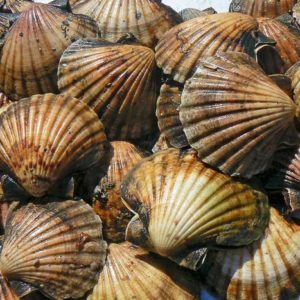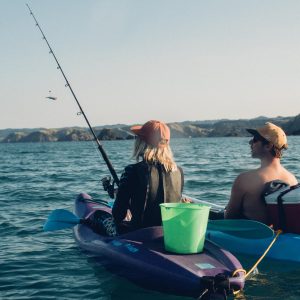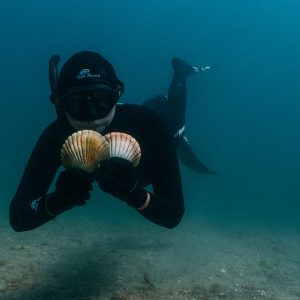Today we’re celebrating one year since the successful launch of the Coromandel scallop restoration programme.
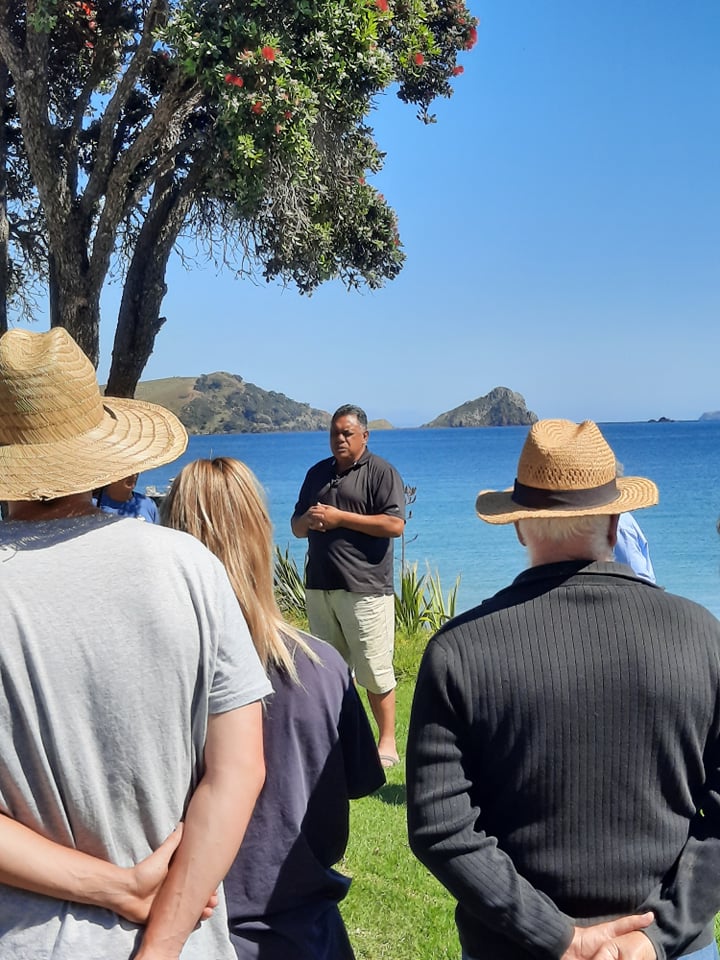
On 17 December 2020 representatives from the Coromandel community, iwi and recreational fishing organisations all stood together at Opito Bay to call for protection of our scallop beds from the destructive practice of scallop dredging.
The official launch was marked by local iwi Ngāti Hei placing a rāhui on all harvest of scallops from Opito Bay and the local community announcing a voluntary ban on harvesting, in support of the rāhui.
Dive Zone Whitianga launched a volunteer dive survey to count scallops in Opito Bay. The New Zealand Sport Fishing Council and Opito Bay Ratepayers Association funded the development of the citizen science research project, supported by several marine science experts who analysed the dive survey results. The Coromandel Scallop Restoration team published the completed dive survey report in June 2021. LegaSea continues to support the community and wider efforts to ban dredging and trawling from the Hauraki Gulf.
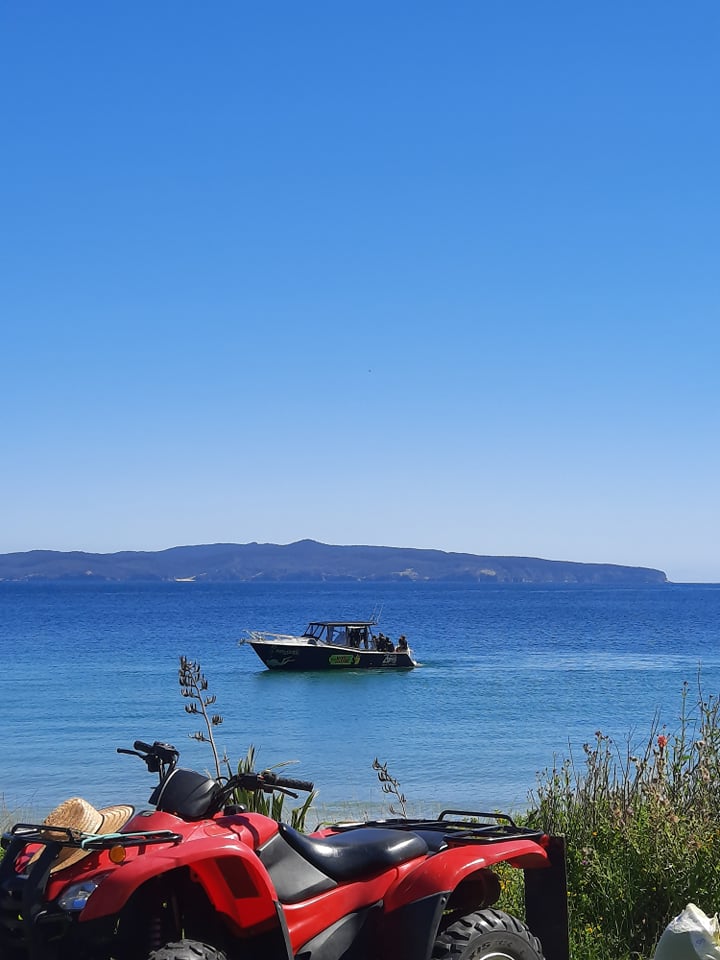
The rāhui and voluntary ban on scallop harvesting was a collaborative campaign to show the community cared about the decline of scallops, and supported the ban on scallop dredging.
The measures were well respected by locals and tourists alike, but unfortunately not so much by commercial scallop dredgers. The Coromandel community showed support in many ways – whether it was Whangamata Ocean Sports Club choosing not to serve scallops, the famous Whitianga Scallop Festival changing its name to a Seafood Festival, or the Kūaotunu community running their own scallop count dive survey.
These were stop-gap measures until the Minister of Oceans and Fisheries Hon David Parker approved the application by Ngāti Hei for a two-year temporary closure on all scallop harvesting.
In September 2021, the Minister approved the 2-year temporary closure on all scallop harvesting in the Ngāti Hei rohe moana, an area spanning 2413km squared around eastern Coromandel. It will be closed until September 2023.
It’s a win for the community that the eastern Coromandel will see no dredge action for a while, but we’re fully aware that commercial effort will now be moving to other areas in the Hauraki Gulf, around Little Barrier (Te Hauturu-o-Toi) and Great Barrier Island (Aotea).
Allowing displacement of effort from one area to another just doesn’t make sense. If a dredging ban is good enough for the Coromandel, it’s good enough for the Gulf and the whole country.
Our work in the Coromandel Scallop Restoration Programme continues as we push to ban commercial scallop dredging in the entire Hauraki Gulf. Next steps, we are developing ideas around the potential for seeding and scallop farming.
But for now we’d like to give a huge thank you to all of our supporters who have signed the Rescue Fish petition in support of banning dredging and trawling, and to the 2000 people who made a submission earlier this year in support of Ngāti Hei’s application to ban scallop harvesting for two years. We wouldn’t have achieved these positive outcomes without you all.
Read more
The Coromandel Scallop Restoration Programme.


